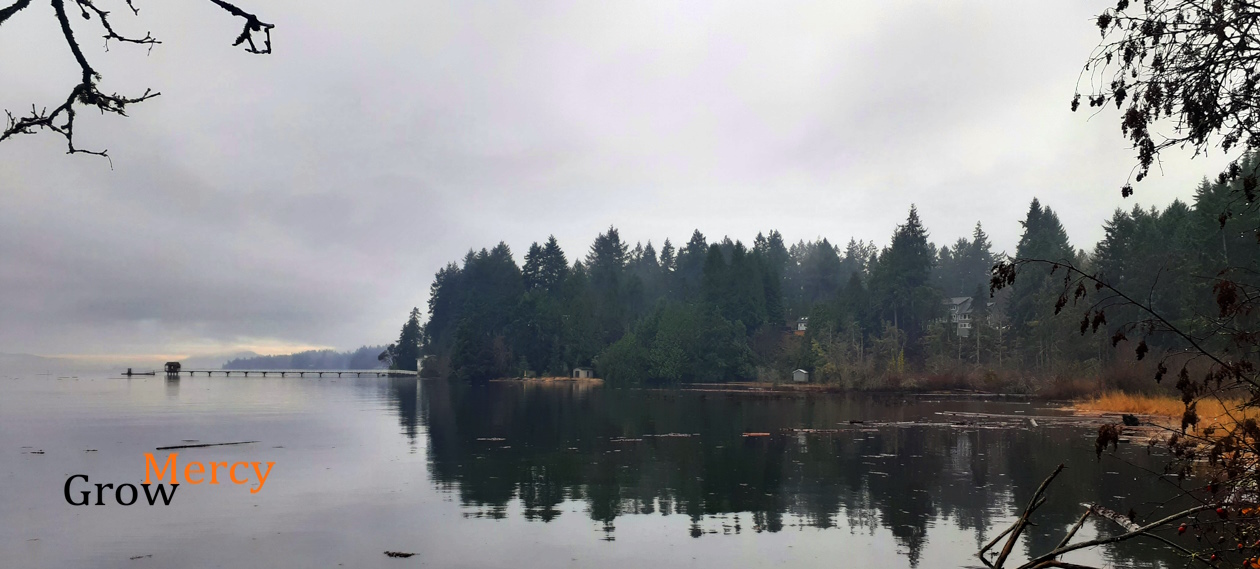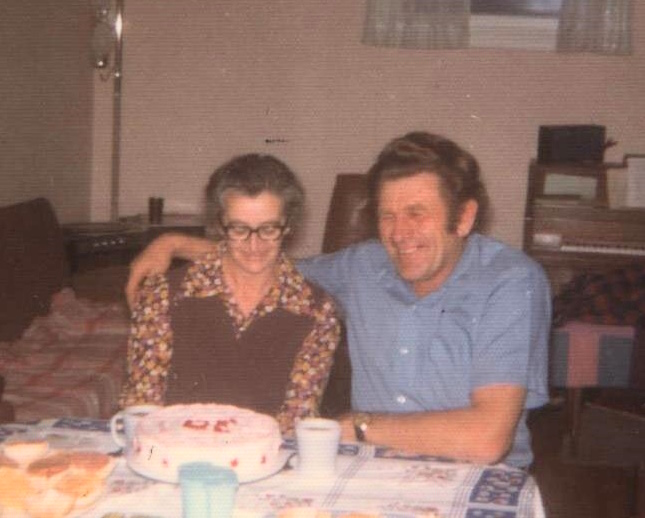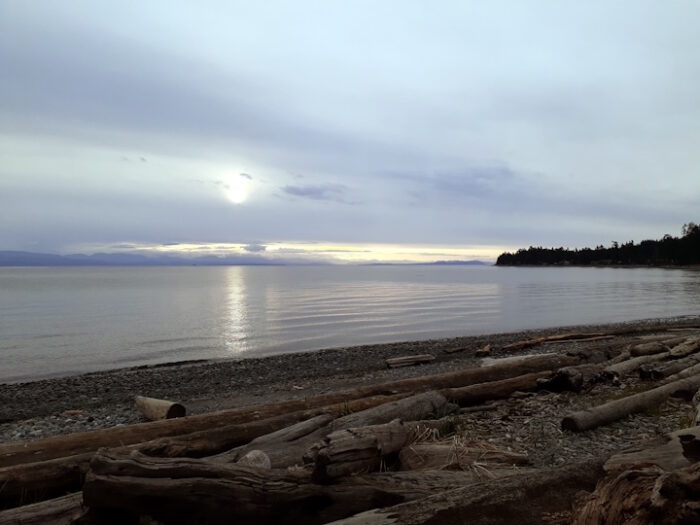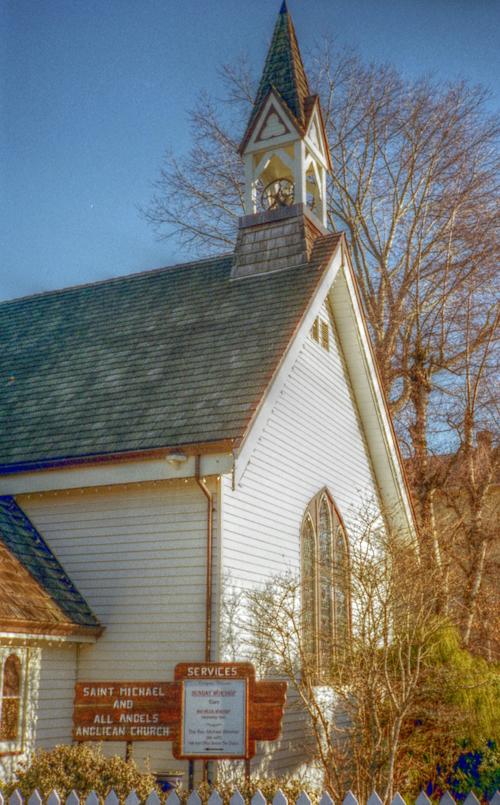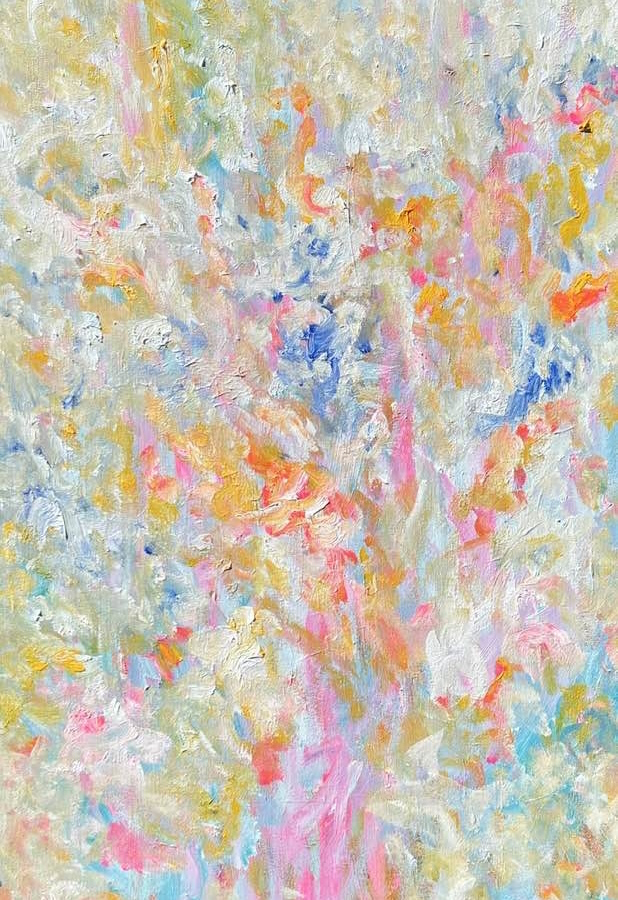
But even among the molecules love was the building power that worked against entropy, and under its attraction the elements groped their way towards union. -Teilhard de Chardin
Start with the understanding that all matter is a concentration of energy,
and that the physical world of mass-energy, within all dimensions
of cosmic life, is under a force of attraction, where all elements
grope their way towards union.
What is this force of attraction? Science gives us the mechanics, but can say
nothing about its presence, which escapes our laws of mathematics.
It is here, where you and I might ask, is it God? which is to say, is it Love?
is it Agape? that’s rooted in, that is, the fundamental nature of reality,
in which we, the human person—among this vast cosmic array
of elements—lives and moves, is given being?
Science, in devotion to matter, is indispensable as part of our evolving
understanding; that all life is intrinsically communal
(confirming what the mystics long since knew).
But science cannot tell the whole, cannot propel the heart. Here
we enter the unifying domain of spiritual insight, the I-Am-the-Light,
that searches our hearts and invites us to trust the Us of love,
the healing We of divinity.
We are the stuff of creation, ineluctably partaking in its gathering
evolution. You and I are a we, before we are I’s. Only in union with you,
am I an I, only in merging, do we emerge.
And here, in this divine entanglement, even a not-yet-I—who serves
and employs the entropy of only-me, who as a child was hijacked
by joylessness and dissolution—is not beyond the reach
of divine compassion, the love-energy of community.
Love is all, and in the absence of love,
there is only human devolution,
and malignant disenchantment with nature.
Give us capacity to hold, to have, to be, love, without needing to agree;
to love the hard way: to resist, to speak, to stand against all forms injustice,
without losing our souls to the voids of resentment and hate;
to stretch our hearts toward the unfolding universe,
the unfinished struggle of Light, of Love.
